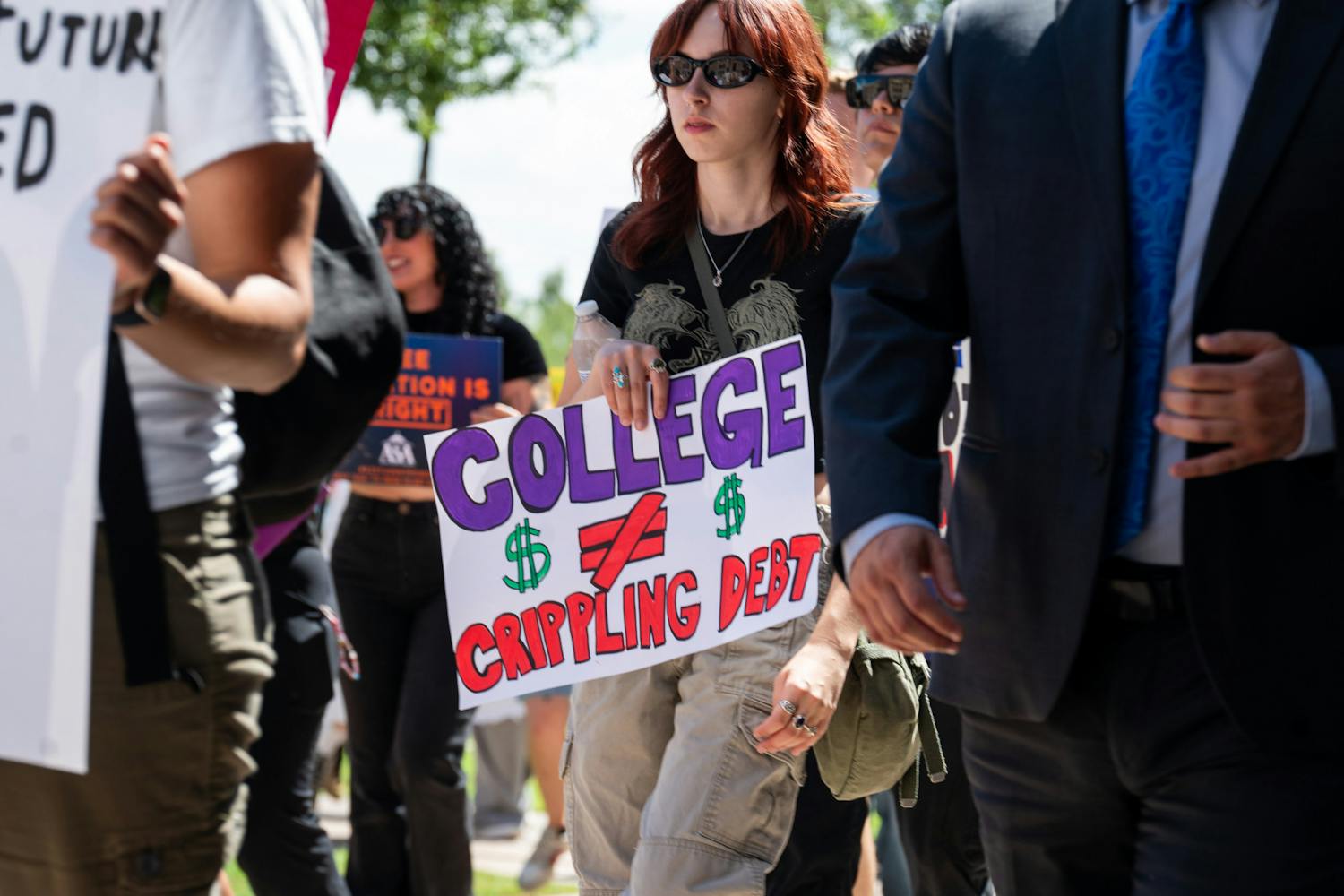A free symposium held today will attempt to break down the perception that scientists cannot talk about religion and religious people cannot discuss science.
The Center for the Study of Religion and Conflict welcomes four leading university professors from around the country to discuss ethical issues involving religion, science, technology and law at Old Main in the Carson Ballroom from 8 a.m. to noon.
The speakers will attempt to answer the question that also lends its name to the discussion: "Are Humans Changing Human Nature; If So, Should They?" through their expertise in each of their 30-minute presentations.
Hava Tirosh-Samuelson, professor of history and moderator of the symposium, said some of the major points that will be discussed are the implication of embryonic stem cell research, abortion, genetic modification of babies and end-of-life issues.
"Scientific advances pose new moral and ethical questions, which is traditionally the scope of philosophy and religion," said Carolyn Forbes, assistant director of CSRC. "Some view this as very oppositional. If we understand [religion and science] as polarized we don't understand the deeper ways they inform each other."
The symposium is the culmination of a yearlong seminar by 22 ASU faculty members held at CSRC.
The seminar faculty hopes to pick a topic from the symposium they want to discuss thoroughly as they continue their discussion next year.
Tirosh-Samuelson said she wants the symposium to bring community attention to the issues the seminar is discussing.
Ethical conflicts arise between religion and science as scientific discoveries are made and new research is done, Forbes said.
There is widespread debate as to when life begins and if the Bible is the place to find these answers, Tirosh-Samuelson said.
The Terri Schiavo case raised questions about end-of-life care, where life ends and if it should be prolonged, Tirosh-Samuelson added.
Carl Mitcham is one of the speakers at the event. He is a professor of liberal arts and international studies with a concentration in science, ethics and technology at the Colorado School of Mines.
"One of the distinctive characteristics of being human is asking questions of being good or bad," he said. "Religion contributes guidelines to asking those questions and science provides us with more and more questions that are fundamental to what it means to be human."
Joining him in the discussion are ethicist Ronald M. Green from Dartmouth University, theologian Philip Clayton from Claremont University and political scientist Larry Arnhart from Northern Illinois University.
Reach the reporter at courtney.bonnell@asu.edu.



